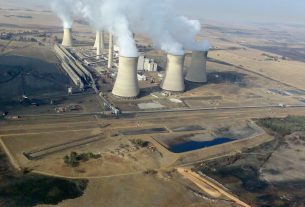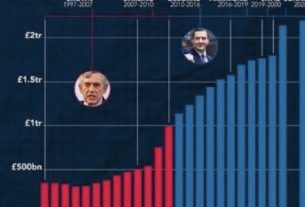Union leader Mick Lynch is blaming the government for a new round of 48 hour rail strikes that will paralyse the network in the run-up to Christmas and after the New Year.
Millions of passengers will face severe disruption when thousands of members of the Rail, Maritime and Transport workers union (RMT) strike in December and January.
The RMT claims the “government pulled the plug” on negotiations just an hour before a “meaningful offer on pay and conditions” was due to be presented by the Rail Delivery Group.
The plan for 48 hour strikes marks a ramping up in the long running industrial dispute and will, the Telegraph states, “effectively bring rail services to a near-standstill for a week from December 13 and the first working week back in the New Year.”
Just one-in five trains are expected to run on the strike days – December 13-14, 16-17 and January 3-4, 6-7. An overtime ban by RMT members over the Christmas period – December 18 to January 2 – will also affect services already impacted by planned engineering works.
Deal to end rail strike pulled by government, claims RMT
Mick Lynch, the general secretary of the RMT said they are “genuinely sorry” for the disruption but laid the blame squarely on the government for escalating the rail strike.
Lynch told Channel 4 News that the government “pulled the plug on negotiations yesterday [Nov 21] at one hour’s notice” before he was due to meet with “the most senior people in the industry”. They were set to “make an offer in writing” to Lynch on “pay, conditions and jobs” but the meeting was “pulled with an hour to go and I think that is the hand of the government”.
Lynch said the RMT had to respond “to keep the dispute alive”, having previously suspended strikes for two weeks to facilitate negotiations.
He said the rail strike dates have avoided the “period where people will be returning to their families and travelling around to get back for the holidays”.
“We don’t want to disrupt people and I don’t to be the Grinch,” said Lynch. “Secretary of state [for transport] Mark Harper has got to create the atmosphere where we can get a settlement. But at the minute I think he is the main obstacle.”
Talks with the RMT have been held by the train operators and Network Rail which offered an 8% pay rise over two years that is conditional on reforms to working practices.
Network Rail’s chief negotiator Tim Shoveller said rail strikes will make the industry’s “precarious financial hole” bigger and make the “task of finding a resolution ever more difficult.”
In June, Labour leader Sir Keir Starmer accused the government of stoking the rail dispute for political ends saying they were “pouring petrol on the fire” rather than negotiating a solution.
A separate rail strike by Aslef members will impact the services of 11 train operators this Saturday (Nov 26).




